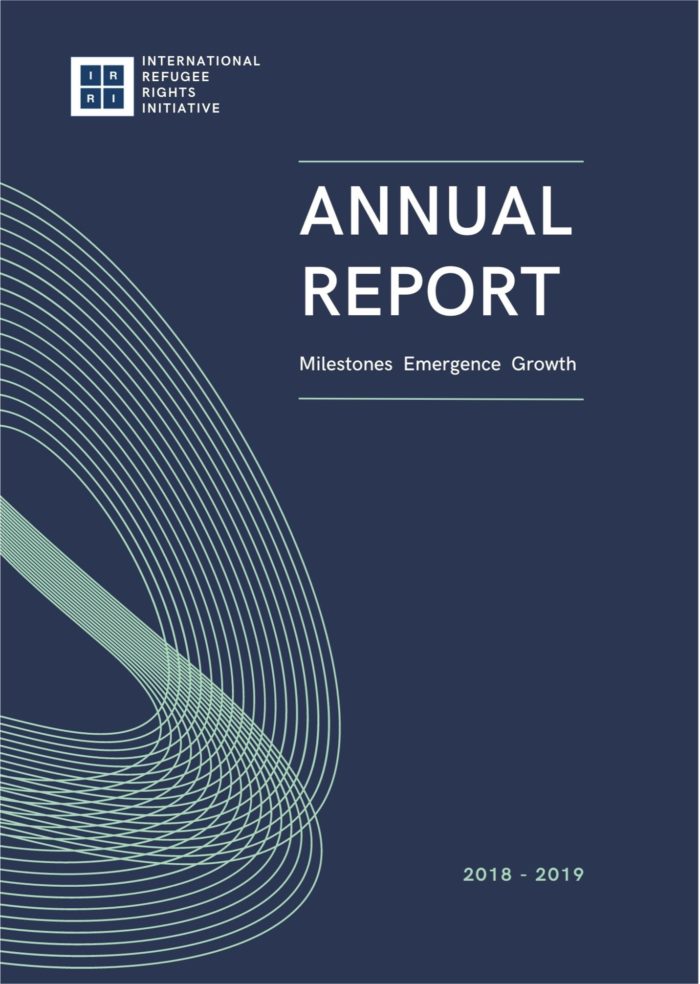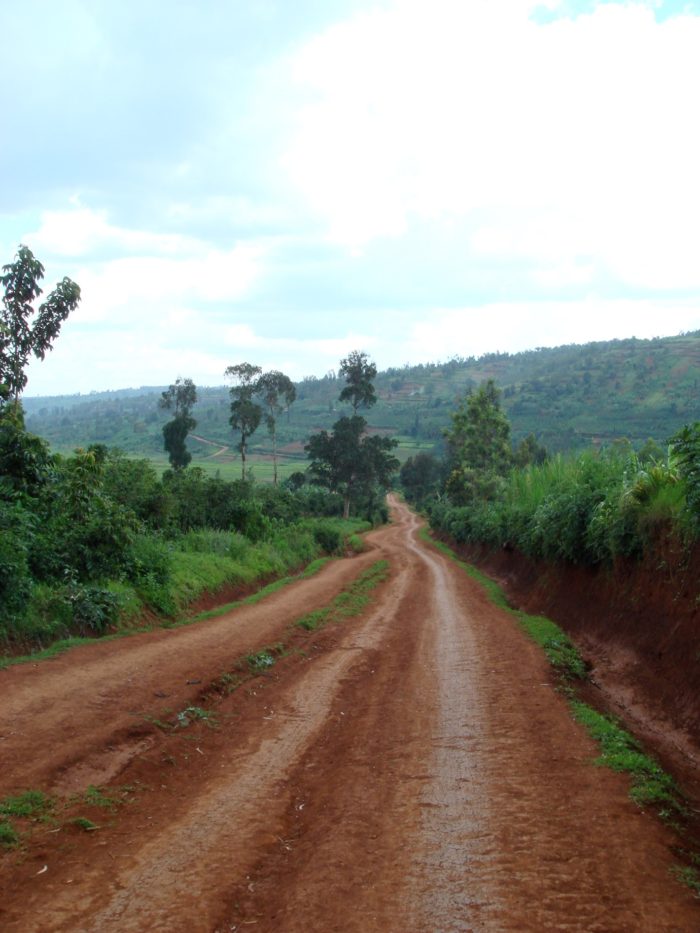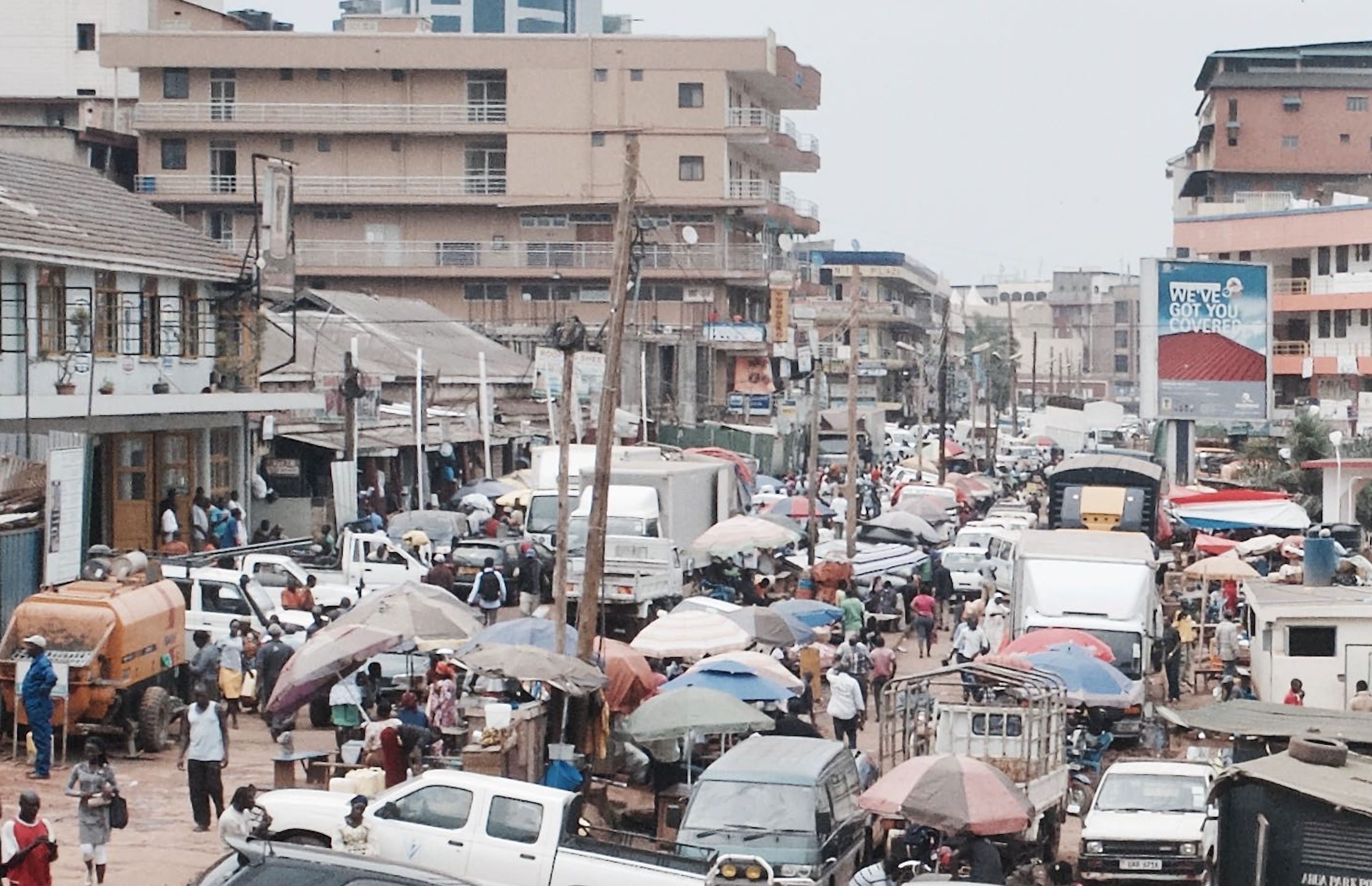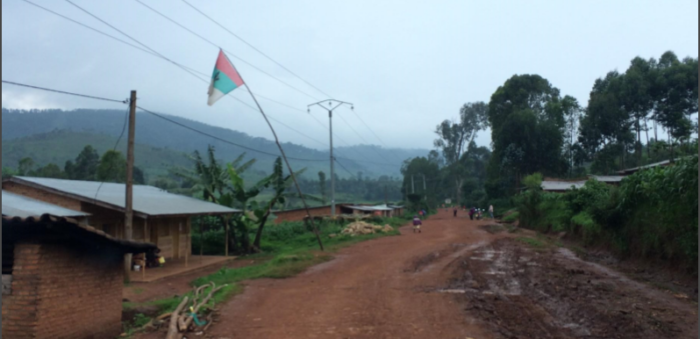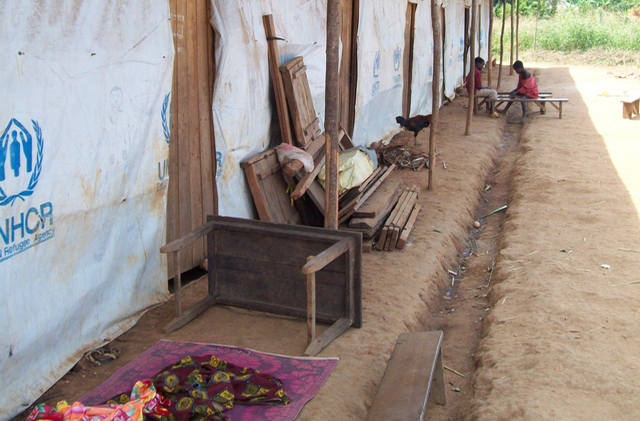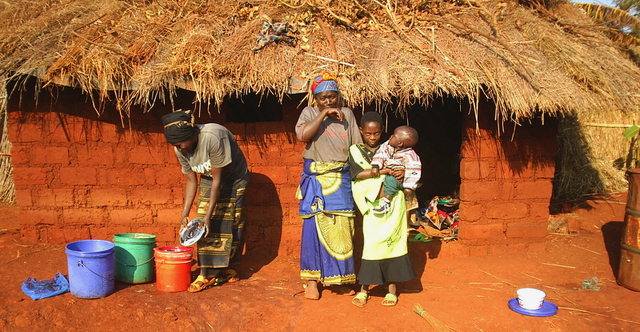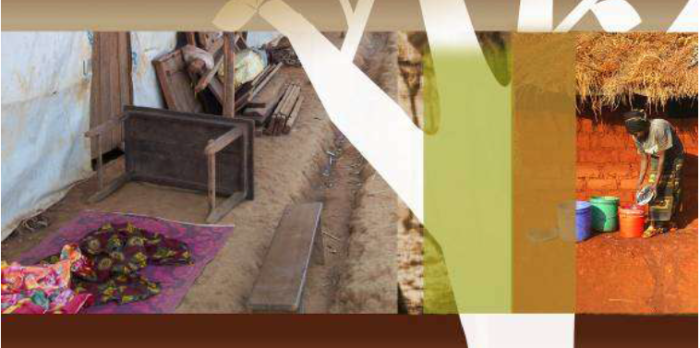FROM THE EXECUTIVE DIRECTOR When I was joining IRRI in the first quarter of 2019, I could not have imagined the dynamism and shifts we would experience by the end of 2019. We changed. Simply put. At the milestone of 15 years, we determined that we needed to re- strategise and rethink IRRI, and what…
African leaders should decide how to revive the dialogue on Burundi, IRRI said today, as it launches a new report on dialogue and peace agreements in Burundi. The report’s findings show that despite considerable skepticism, many Burundian citizens support a continuation of talks and strongly value previous peace agreements. “While criticising the parties and the…
Following recent cases of abductions and extraditions in East Africa, a new policy paper by the International Refugee Rights Initiative (IRRI) seeks to clarify the key legal obligations of countries hosting foreign political opponents and opposition figures, and to urge governments to respect these obligations. Across East Africa the protection of politically active or politically…
(7 December 2016) Today, the International Refugee Rights Initiative launched a new report, “I Know the Consequences of War: Understanding the dynamics of displacement in Burundi”. The report brings much needed insight as to how Burundians are deciding to flee or stay in a context in which more than 300,000 are already in exile. The…
Freedom of movement is not only an internationally recognised right of refugees, it is also critical to their day-to-day lives and to their ability to enjoy other human rights. In October 2014, IRRI launched a campaign to promote the enjoyment by refugees of this fundamental human right. As part of that effort, IRRI is beginning…
(This blog first appeared on the IntLawGrrls blog site) On 29 September 2014, at the annual meeting of the Office of the UN High Commissioner for Refugees’ Governing Executive Committee in Geneva, the government of Tanzania announced that it finally intends to deliver on its 2008 promise of citizenship to tens of thousands of former…
Based on interviews conducted in Nakivale settlement in Uganda and discussions of the findings with the government of Uganda and UNHCR, the briefing tells the story of a small number of Burundian refugees and asylum seekers who have fled into a second phase of exile. As former refugees living in Tanzania’s Mtabila refugee camp, they…
Just when we thought that our neighbour, Tanzania, was about to rethink its current policy of expelling other nationals from its soil, another problem came up. The latest news coming out of Tanzania is that some 25,000 Burundians were summarily rounded up and told to go back to Burundi. In addition, apparently 10,000 teachers from…
It is rare for countries to offer citizenship to groups of refugees, especially in the Great Lakes region where millions have been displaced. Instead, most governments wait for circumstances to change so that refugees can go back to their home country. In official refugee policy language, therefore, repatriation is typically favoured over local integration as…
Approximately 162,000 former Burundian refugees in Tanzania are living in legal limbo in Tanzania. Having been accepted for naturalisation and having renounced their Burundian nationality, they are now unable to get certificates confirming their new status. The situation facing this group is the subject of a paper launched by the International Refugee Rights Initiative today, “I…
The residents of Tanzania’s Mtabila refugee camp are currently being returned to Burundi against their will. This population, most of whom fled to Tanzania in the 1990s, has been facing increasing pressure to return to Burundi for several years in something of a battle of the wills: on the one side has been the government…
(10 August 2012) On 21 July 2012, Tanzania’s Daily News reported that Tanzanian President, Jakaya Kikwete, had announced that “all refugee camps sheltering Burundian refugees would be closed down”. There was, the paper quoted him as saying, “no strong reason for the Burundians to stay […] when back home peace had been restored and life…
4 October 2011) On 25 May 2011, a Tripartite Commission comprised of the governments of Tanzania and Burundi and the UNHCR met to discuss the future of approximately 38,000 refugees in Mtabila camp in Tanzania. The talks ended with a decision to close the camp on 31 December 2011. The government of Tanzania has announced…
Recent research in Burundi on the repatriation of refugees has highlighted the strong link between land and citizenship. The research (“Two People Can’t Share the Same Pair of Shoes: Citizenship, Land and the Return of Refugees to Burundi“) tracked the experience of refugees returning to southern Burundi and (re)claiming their citizenship. Most had been living…
